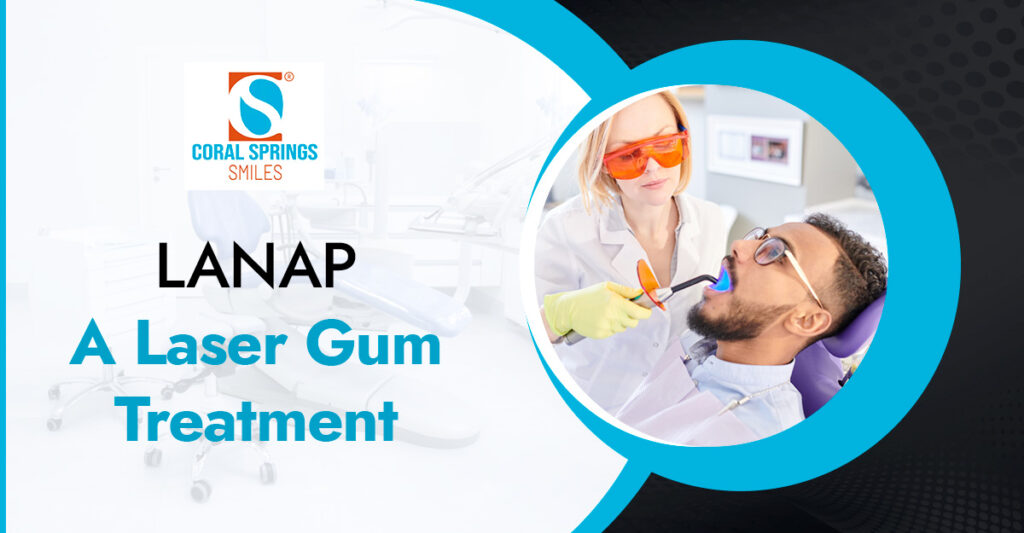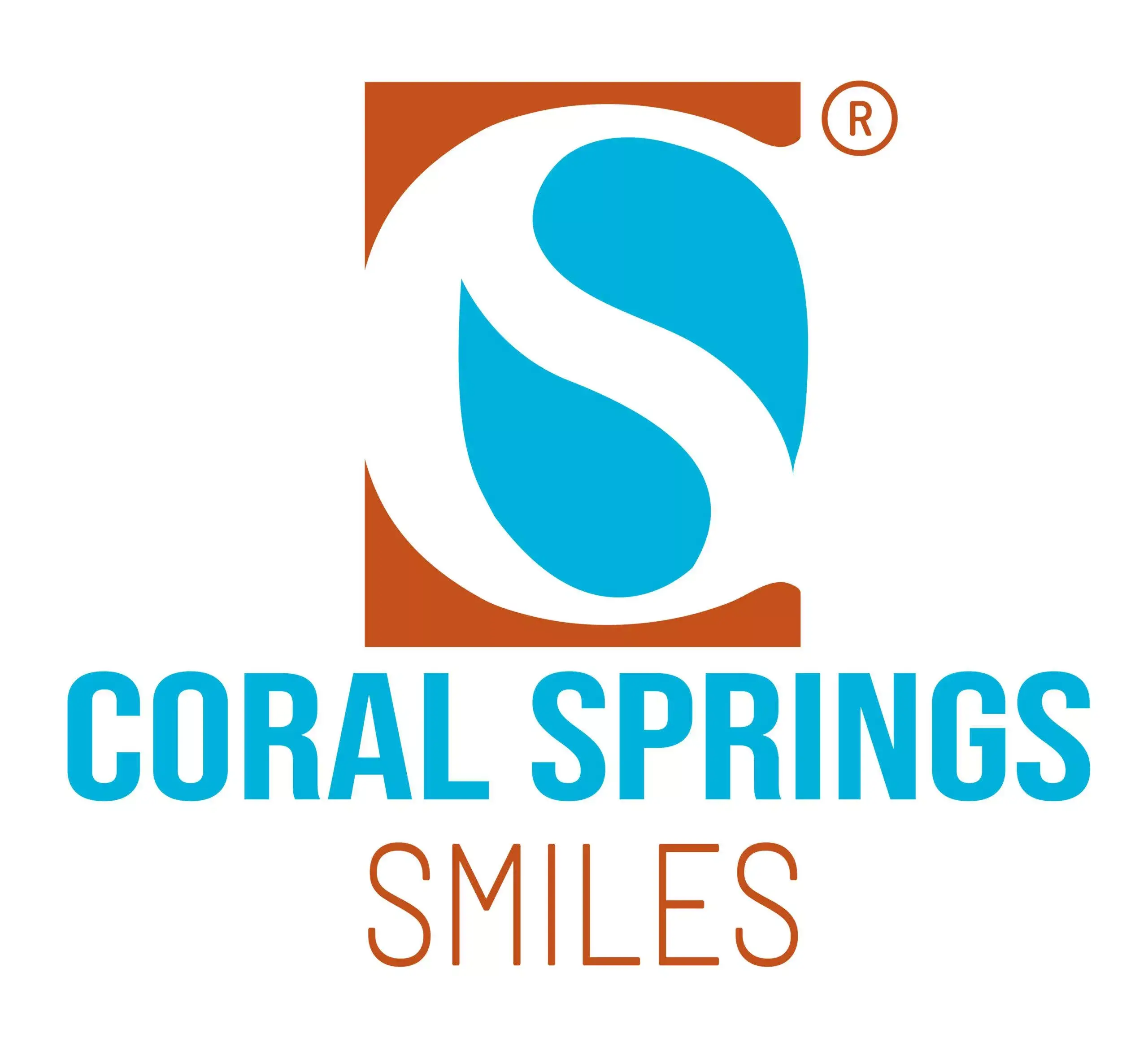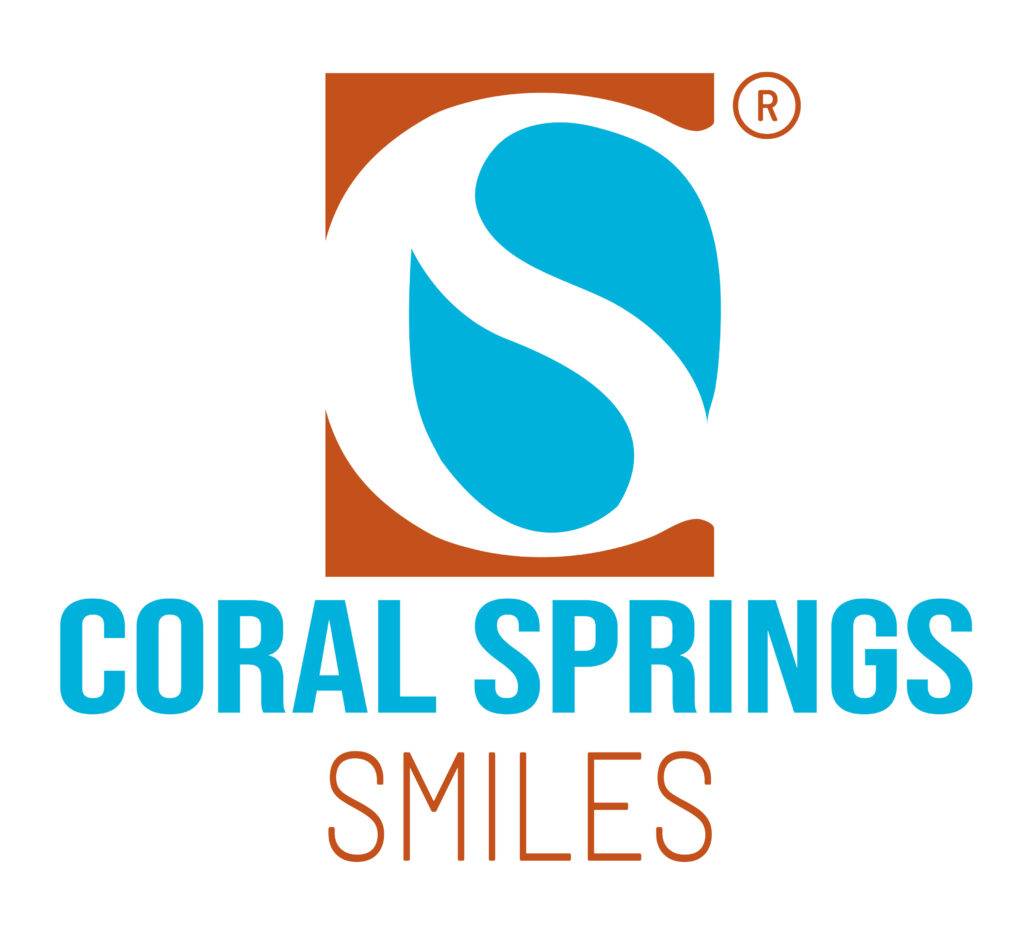
Gum disease, also known as periodontitis, is a serious infection that affects the tissues surrounding your teeth. Left untreated, it can lead to bone loss, loose teeth, and even tooth loss. While traditional gum surgery has been the go-to treatment for advanced gum disease, a newer, minimally invasive option called LANAP is gaining popularity.
What is LANAP?
LANAP stands for Laser-Assisted New Attachment Procedure. It’s a surgical treatment that utilizes a specific type of laser to target and remove diseased gum tissue while promoting regeneration of healthy tissue. Unlike traditional surgery that uses scalpels and sutures, LANAP offers a more precise and potentially less invasive approach.
How Does LANAP Differ From Traditional Gum Surgery?
Traditional gum surgery involves cutting and reflecting the gum tissue to access the infected area. The dentist then removes diseased tissue and reshapes the bone as needed. Afterward, the gum tissue is stitched back into place. This process can be uncomfortable and require significant recovery time.
LANAP, on the other hand, uses a specialized laser to precisely target and remove diseased and infected tissue. The laser energy also sterilizes the area, reducing the risk of infection. Additionally, the laser promotes blood clot formation, which can aid in tissue regeneration. This minimally invasive approach often results in less discomfort and faster healing times compared to traditional surgery.
How Long Does LANAP Take?
The duration of a LANAP procedure can vary depending on the severity of gum disease and the number of teeth being treated. Generally, it can take one to two hours to complete the entire procedure.
Benefits of LANAP
- Minimally invasive: LANAP avoids the use of scalpels and sutures, leading to less discomfort and bleeding.
- Reduced discomfort: Many patients report minimal pain after LANAP compared to traditional surgery.
- Faster healing: The laser promotes faster healing times due to its ability to stimulate tissue regeneration.
- Preserves healthy tissue: LANAP targets only diseased tissue, leaving healthy gum tissue unharmed.
- Reduced risk of infection: The laser’s sterilizing effect helps minimize the risk of infection after the procedure.
- Potential for bone regeneration: Studies suggest LANAP may promote bone growth in some cases.
Is LANAP Painful?
While LANAP is considered a minimally invasive procedure, some discomfort can be expected. However, local anesthesia is used during the treatment to minimize any pain.
Who is a Candidate for LANAP Laser Gum Treatment?
If you have gum problems that are moderate to severe, with deep pockets (areas where your gum has pulled away from your teeth), LANAP might be a good option for you. It’s also a good choice if you’re nervous about traditional gum surgery or want a faster recovery with less pain and bleeding.
What Results Can I Expect from LANAP?
With successful LANAP treatment, you can expect:
- Reduced gum inflammation and bleeding
- Improved gum health
- Slower or halted progression of gum disease
- Potentially deeper gum pockets, providing better support for your teeth
- In some cases, bone regeneration
What Happens After the Laser Treatment for Periodontal Disease?
Following your LANAP procedure, dentist will provide specific instructions on caring for your teeth and gums. This may include:
- Maintaining good oral hygiene with regular brushing and flossing
- Using a prescribed mouthwash
- Attending follow-up appointments for monitoring and cleaning
Can LANAP Treat Advanced Gum Disease?
Yes, LANAP can be a valuable tool in treating advanced gum disease. The laser’s ability to target diseased tissue and promote regeneration offers a promising alternative to traditional surgery.
How Long Does It Take to Recover from LANAP?
Recovery from LANAP is typically much faster than traditional gum surgery. Most patients experience minimal discomfort and can resume normal activities within a day or two. However, complete healing may take several weeks.
Is LANAP Right for Me?
If you are concerned about gum disease and are looking for a minimally invasive treatment option, LANAP may be a good choice for you. However, the best way to determine if LANAP is right for you is to consult with a periodontist who can assess your individual situation and discuss your treatment options.
Schedule LANAP Treatment for Periodontal Disease in Coral Springs, FL
If you’re experiencing symptoms of gum disease, schedule a consultation with Coral Springs Smiles to discuss your treatment options and see if LANAP might be a good fit for you.



